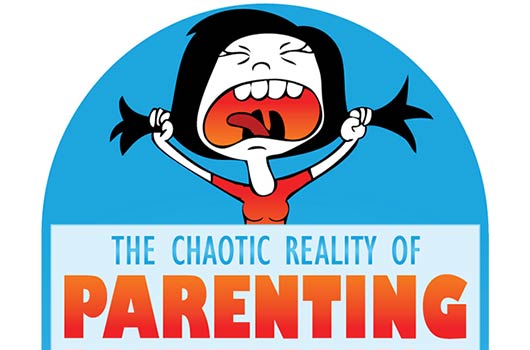
You can’t turn on your television, surf the Web, open your mail or read a newspaper without being bombarded with mortgage rate advertising. But who or what sets those rates? Is it the Fed? Individual lenders? Fannie Mae and Freddie Mac?
Read Related: Mamiverse’s Best Financial Tips for Parents
All of these entities have some influence on mortgage rates, but it’s a lot more complicated than that. In fact, you have a lot of control over the interest rate you pay. Read on to see what components influence your mortgage rate, and learn how to pay as little as possible for your home loan.
Today’s mortgage rates are driven by ten factors. They are:
-
Economy: The global financial picture affects all interest rates, including mortgage rates. When the economy becomes uncertain, increased demand for US Treasuries pushes our interest rates lower. Conversely, when the economy heats up, inflation becomes a concern and investors demand higher returns from bonds and mortgage-backed securities. This pushes rates up.
-
Lender capacity: Lenders cannot process and fund an infinite number of loans. To control the number of incoming applications, they continually adjust mortgage rates—raising them to slow things down, and lowering them when they wish to generate more business.
-
Property location: Mortgage financing is cheaper in some states than others. Historical loan performance, the amount of competition for business, and laws that make foreclosure easier or more difficult drive differences in rates from state to state.
-
Property use: Primary residences are considered less risky by lenders, so it costs less to finance them. Vacation property and rentals come with higher fees and stricter underwriting requirements.
-
Property type: Traditionally-built single family homes get the best rates. Manufactured housing, condos, co-ops, mixed-use developments and multi-family homes have higher default rates, so mortgage rates are higher for these homes.
-
Loan-to-value: The more money you put down when you buy a home, the lower your mortgage rate will be. For buyers with less than 20 percent down, mortgage insurance can add between .20 and 4.92 percent to their mortgage rate, depending on the down payment size and loan program.
-
Credit score: Applicants with 740 FICO scores could be offered rates about .50 percent lower than those with FICOs of 640.
-
Loan features: The features you choose help determine your rate. Adjustable mortgages (ARMs) can be less risky for the lender—if inflation hits hard, banks don’t want to be getting four percent on their loans and paying out six percent on deposits. For this reason, lenders offer lower rates (in the beginning) to people who choose ARMs over fixed loans. Similarly, home loans with shorter terms, like 15 years, are less risky and so they come with lower rates.
-
Points: In general, the more you pay for your loan, the lower your interest rate should be. Paying points for a lower rate is called “buying down” your mortgage.
-
Loan amount: Very high and very low loan amounts can mean higher rates. Extra-large mortgages, called jumbo or super-jumbo loans, usually carry higher rates and stricter underwriting guidelines because they are harder to sell to investors. Very low loan amounts may have surcharges added to them because they won’t otherwise generate enough interest to cover processing costs.
FINDING THE LOWEST RATES
You can’t control all of the factors listed above, but fortunately you don’t have to. Ignore advertised mortgage rates, because until the lender knows more about you, it can’t possibly give you a reliable quote. Just request interest rate quotes from competing mortgage companies and their lenders, interview a couple of the most competitive and choose from there. To get an accurate, customized quote, provide this information:
- Your loan amount and home value
- Your credit rating or FICO score
- Property use
- Property type
- Property location
Get all mortgage quotes at the same time for the best comparison—rates can change several times per day (as they are affected by the economy). Getting quotes online is a great way to obtain them quickly and easily.












